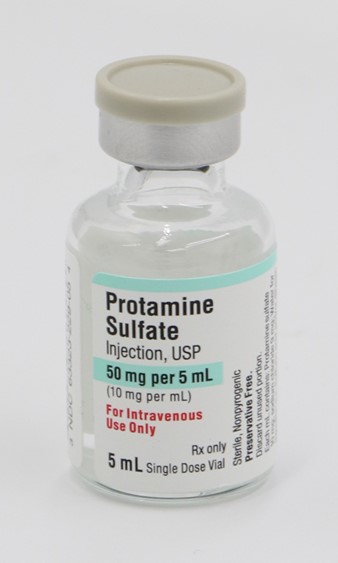A nurse is preparing to administer Lactated Ringer's solution IV to infuse at 120 mL/hr for a client who has a respiratory disorder. The drop factor in the manual IV tubing is 60 gtt/mL. The nurse should set the flow rate to deliver how many gtts/min?
20 gtt/min.
30 gtt/min.
120 gtt/min.
50 gtt/min.
The Correct Answer is C
The nurse should set the flow rate to deliver 40 gtts/min.
This can be calculated by multiplying the infusion rate (120 mL/hr) by the drop factor (60 gtt/mL) and then dividing by the number of minutes in an hour (60 min/hr): (120 mL/hr) * (60 gtt/mL) / (60 min/hr) = 120 gtt/min
Choice A is not the best answer because setting the flow rate to deliver 20 gtts/min would not provide the desired infusion rate of 120 mL/hr.
Choice B is not the best answer because setting the flow rate to deliver 30 gtts/min would not provide the desired infusion rate of 120 mL/hr.
Choice D is not the best answer because setting the flow rate to deliver 50 gtts/min would provide a higher infusion rate than desired.
Nursing Test Bank
Naxlex Comprehensive Predictor Exams
Related Questions
Correct Answer is A
Explanation
Protamine sulfate is a medication that can be used to reverse the anticoagulant effects of heparin1.
It is a polycationic protein drug obtained from the sperm of fish and is used to reverse the anticoagulant effect of unfractionated heparin (UFH)2.

Choice B, Deferoxamine, is not the correct answer because it is a medication used to treat iron overload, not to reverse heparin’s effects.
Choice C, Sodium polystyrene sulfonate, is not the correct answer because it is a medication used to treat high levels of potassium in the blood, not to reverse heparin’s effects.
Choice D, Acetylcysteine, is not the correct answer because it is a medication used to treat acetaminophen overdose and to loosen thick mucus in individuals with cystic fibrosis or chronic obstructive pulmonary disease.
Correct Answer is B
Explanation
NPH insulin has an onset of action of about 1 to 2 hours, peaks in 4 to 12 hours, and lasts up to 24 hours. Given the administration at 0700, the onset of action would typically occur between 0800 and 0900. Hypoglycemia is most likely to occur during the onset or peak periods due to the insulin's glucose-lowering effect.
Among the options:
- A. 0715: Too early, as NPH insulin's onset is not within 15 minutes.
- B. 0800: Within the onset window (1 hour after administration), making it a plausible time to observe for hypoglycemia.
- C. 0900: Also within the onset window (2 hours after administration), another reasonable time to monitor.
- D. 1000: Slightly beyond the typical onset but still early in the action profile, where hypoglycemia could occur if glucose levels drop.
Since the question asks for the time to observe for hypoglycemia caused by the onset, the earliest time within the onset window is most appropriate. Thus, B. 0800 is the best answer, as it aligns with the start of NPH insulin’s onset period.
Final Answer: B. 0800
Whether you are a student looking to ace your exams or a practicing nurse seeking to enhance your expertise , our nursing education contents will empower you with the confidence and competence to make a difference in the lives of patients and become a respected leader in the healthcare field.
Visit Naxlex, invest in your future and unlock endless possibilities with our unparalleled nursing education contents today
Report Wrong Answer on the Current Question
Do you disagree with the answer? If yes, what is your expected answer? Explain.
Kindly be descriptive with the issue you are facing.
